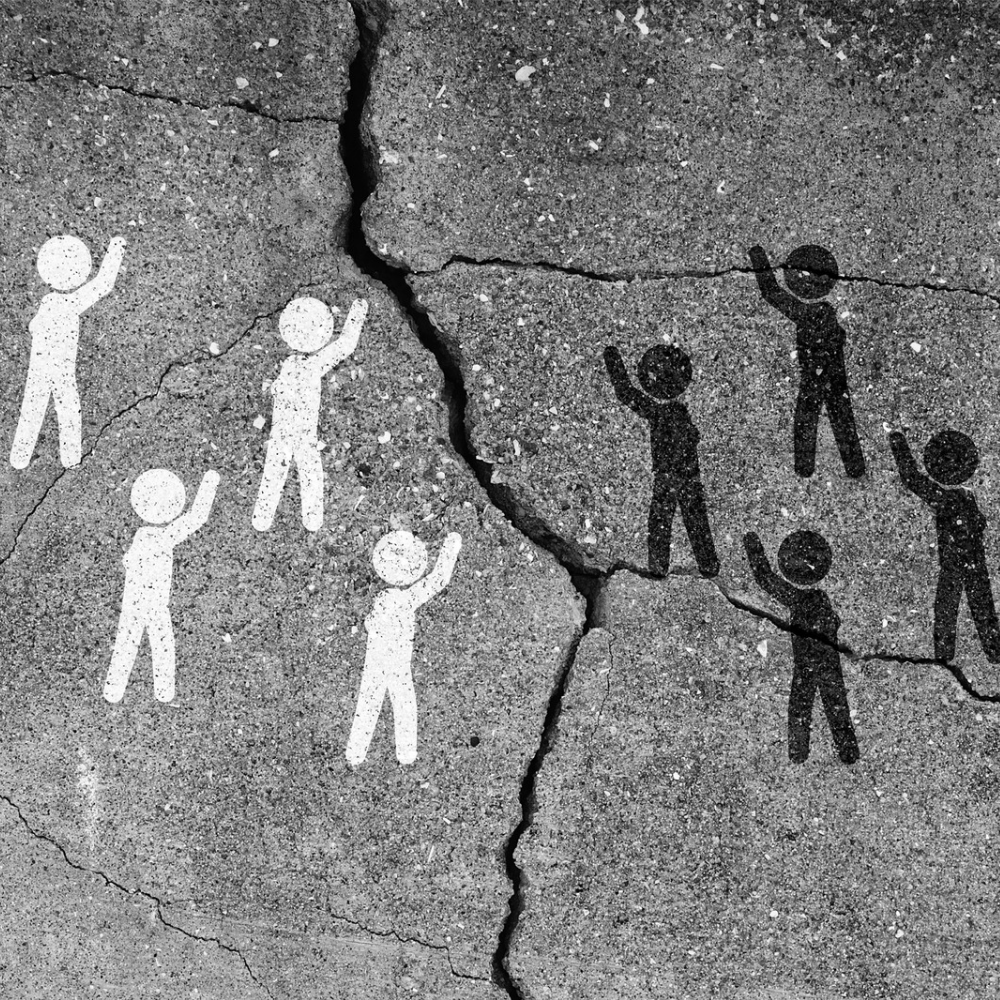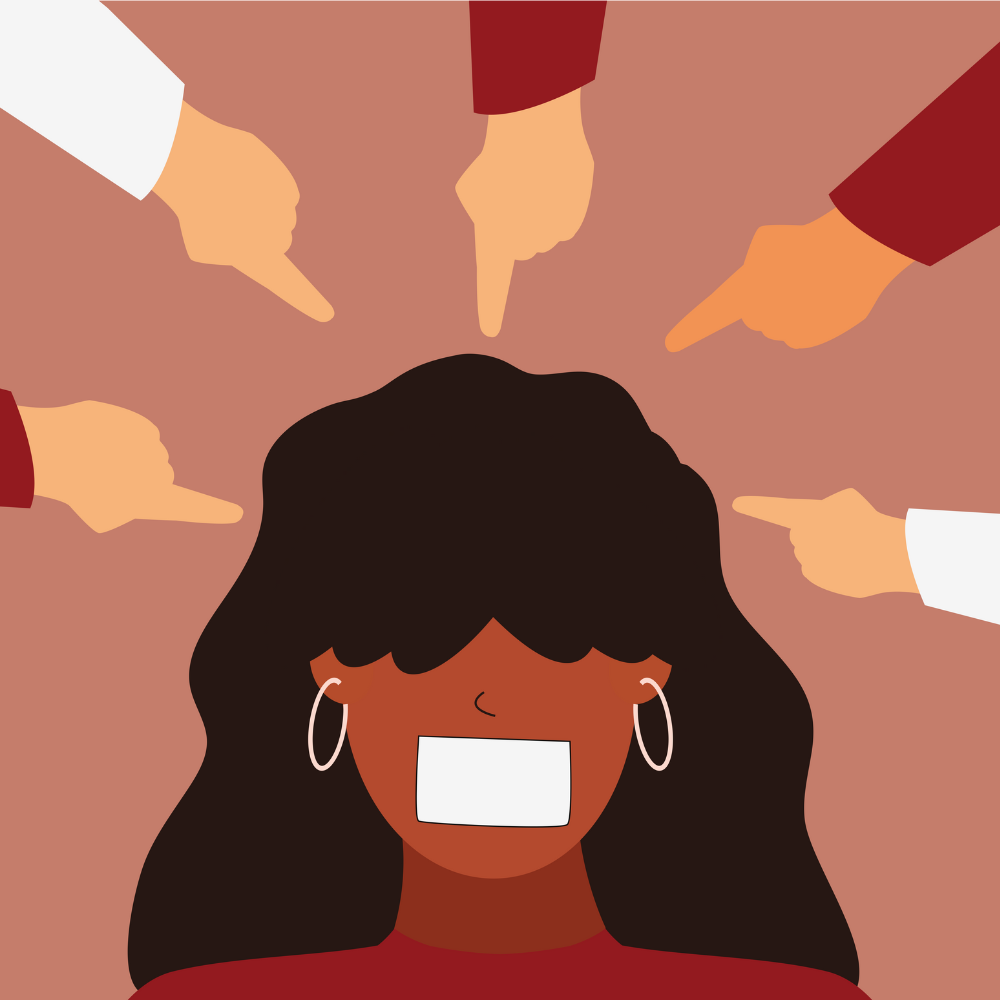How To Recognize And Respond To Racial Gaslighting
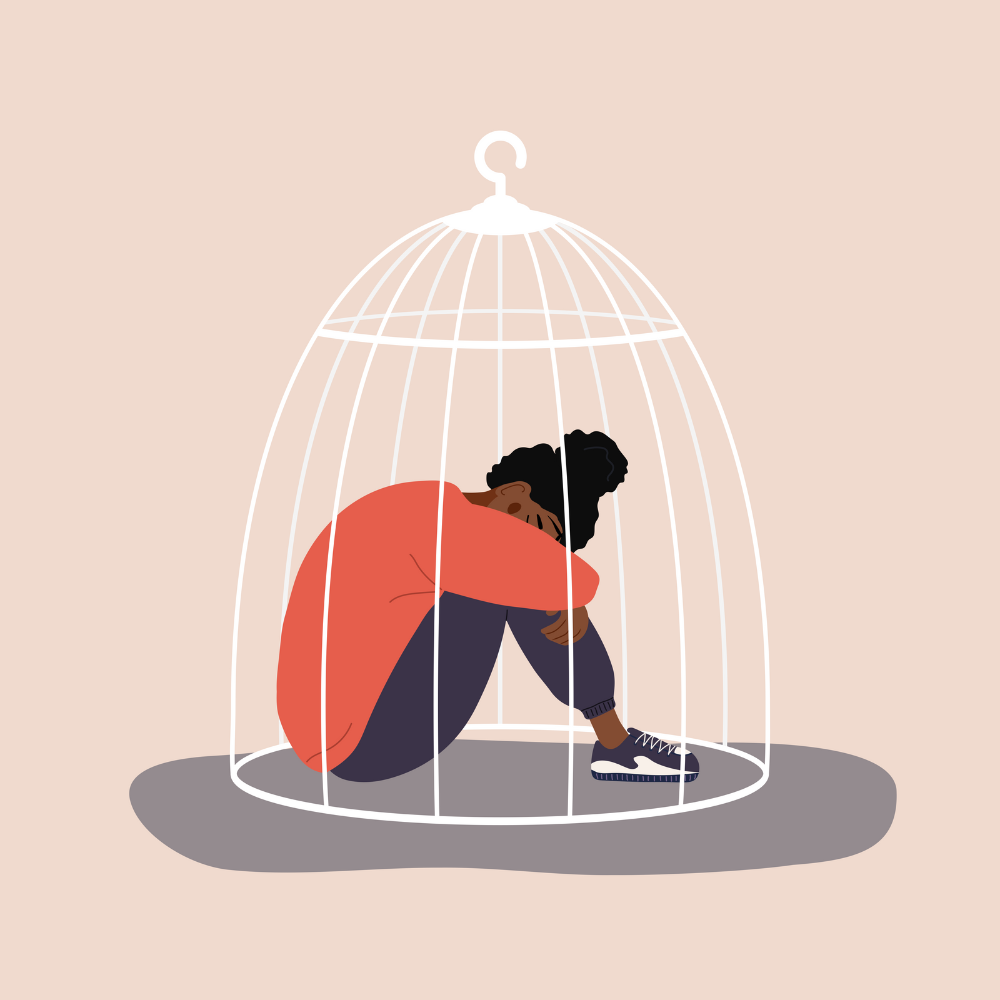
A creative writer with a voracious appetite for fashion, beauty,…
M
anipulating takes on various forms, and when you mix up gaslighting with racism in one situation, you know nothing good can originate from the toxic pair. Simply put, gaslighting occurs when someone tries to make you doubt your memories, feelings, or reality. This person might tell you an event didn’t happen the way you remember, or they might deny it ever occurred. They can even convince you that you’re crazy or overreacting.
The goal of gaslighting is to control you by forcing you to question your mind and feelings. You may feel confused and dependent on the person, and lose confidence in your abilities.
What is racial gaslighting?

Racial gaslighting is a form of psychological manipulation where a person or group denies the experiences and emotions of people from racial or ethnic minority groups, particularly concerning racism. This can take the form of denying racism exists, downplaying the effects of racism, or blaming people of color for their experiences of racism.
For example, if a person of color experiences discrimination or racism, they may be forced to believe they are “overreacting,” or being “too sensitive.” This type of response denies the validity of the person’s experiences and emotions and can make them feel like they are losing their grip on reality.
Racial gaslighting can also occur when people of color are told that the systems and structures that perpetuate racism do not exist, or that racism is only individual acts of prejudice and discrimination. This type of denial can make it difficult for people of color to fight systemic racism and can lead to feelings of hopelessness and frustration.
Impacts of racial gaslighting on individuals and communities
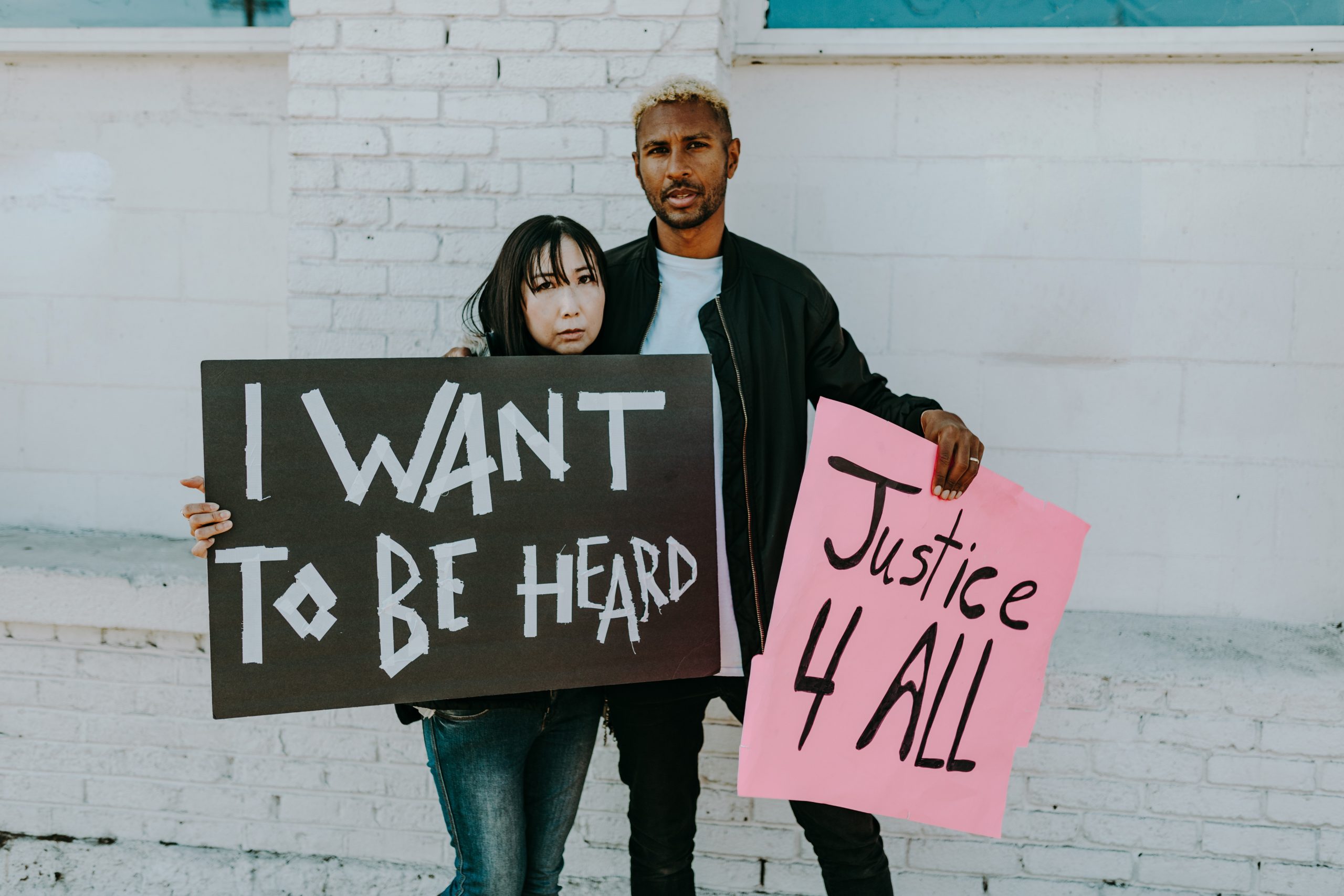
Here are some of the impacts of racial gaslighting on individuals and communities:
- Harms mental health: Racial gaslighting can harm a person’s mental health. The constant denial of their experiences with racism can lead to feelings of anger, sadness, and hopelessness. It’s easy to feel like you’re not being heard or understood, which can lead to anxiety and depression.
- Dwindled self-esteem: When a person’s experiences with racism are constantly dismissed or discredited, it can harm their self-esteem. This can lead to feelings of worthlessness and a belief that their experiences and opinions don’t matter.
- Break in trust: Racial gaslighting can create a lack of trust between different racial groups. When people’s experiences with racism are not taken seriously, it can lead to a breakdown in communication and a lack of understanding between communities.
- Discouraged activism: Racial gaslighting can discourage people from speaking out against racism and participating in activism. When people feel their experiences are not taken seriously, they may become less likely to engage in activism or advocacy. They could find refuge in the cold embrace of hopelessness.
- Social tension: This form of gaslighting can contribute to social tension and conflict between different racial groups. When people are not able to have open and honest conversations about race and racism, it can be more difficult to find solutions to these problems.
- Economic disadvantage: Racial gaslighting can contribute to economic disadvantages for certain racial groups. For example, if people from a particular racial group are not taken seriously when they report experiences of discrimination in the workplace, it can be harder for them to advance in their careers and achieve financial stability.
How to recognize racial gaslighting
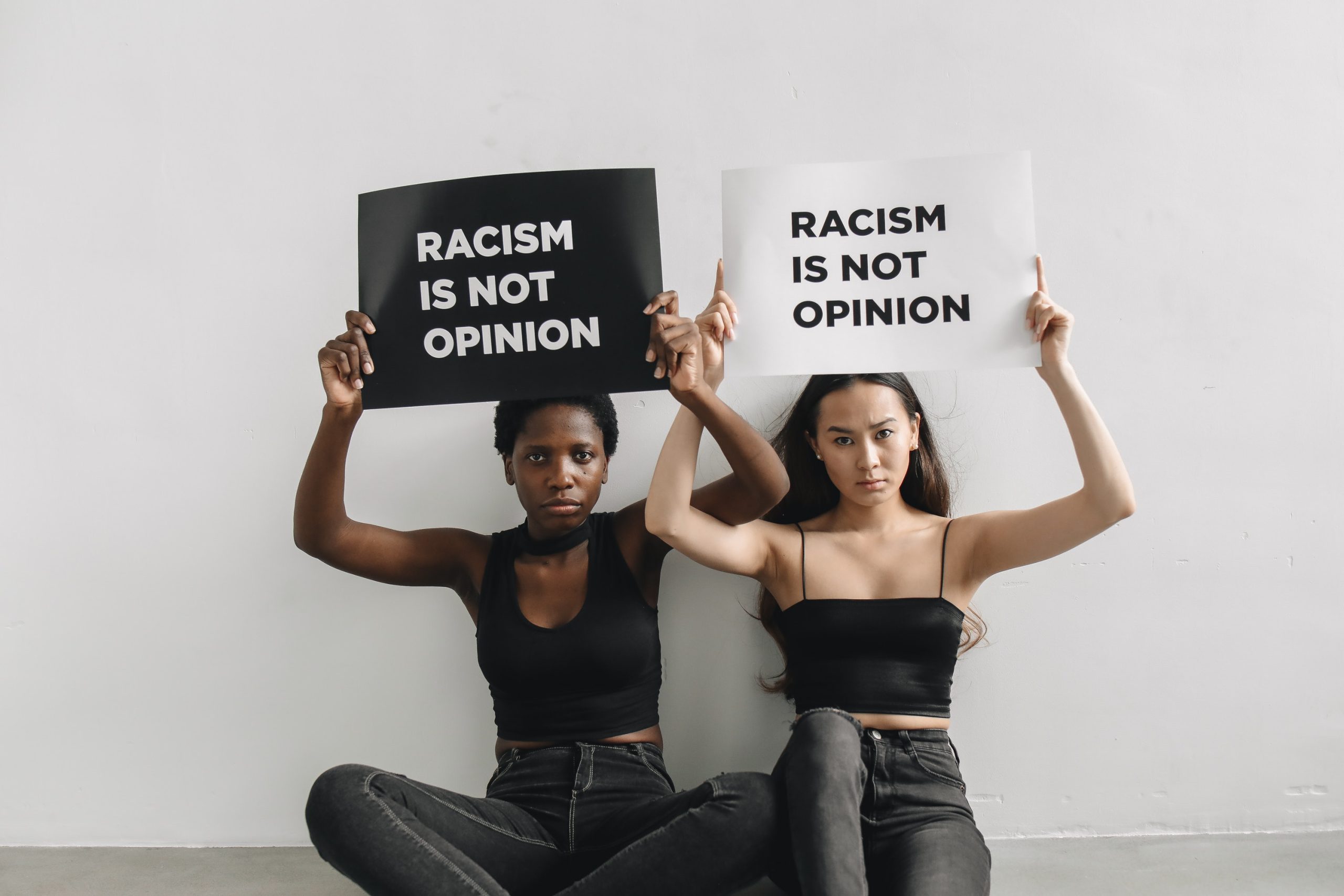
- Invalidation of experiences: When someone often denies or dismisses your experiences or perspectives as a person of color, it can be a form of racial gaslighting.
- Blame shifting: If someone tries to blame you for the problems caused by systemic racism or discrimination, that’s an absolute red flag.
- Denial of racism: You can easily recognize a “Karen” if someone denies racism exists or attempts to downplay its impact. They bring up baseless and insensitive theories to water down facts.
- Questioning of your intentions: If someone accuses you of being too sensitive or overreacting to experiences of racism, they’re likely racists hiding behind a façade.
Check out 5 easy ways to respond to this toxic behavior…
#1. Validate your feelings

Start by acknowledging your feelings and experiences. Say something like, “I know what I experienced, and I believe my feelings are valid.”
#2. Educate the person

Explain to the person what racial gaslighting is and how it affects you. Use simple language to help them understand the impact of their words and actions. Note: this is for individuals who are open-minded and not the cocky ones who will drain you with follow-up arguments.
#3. Set boundaries

Let the person know that their behavior is unacceptable and that you won’t tolerate it in the future. It’s important to assert your boundaries and stand up for yourself.
#4. Seek support
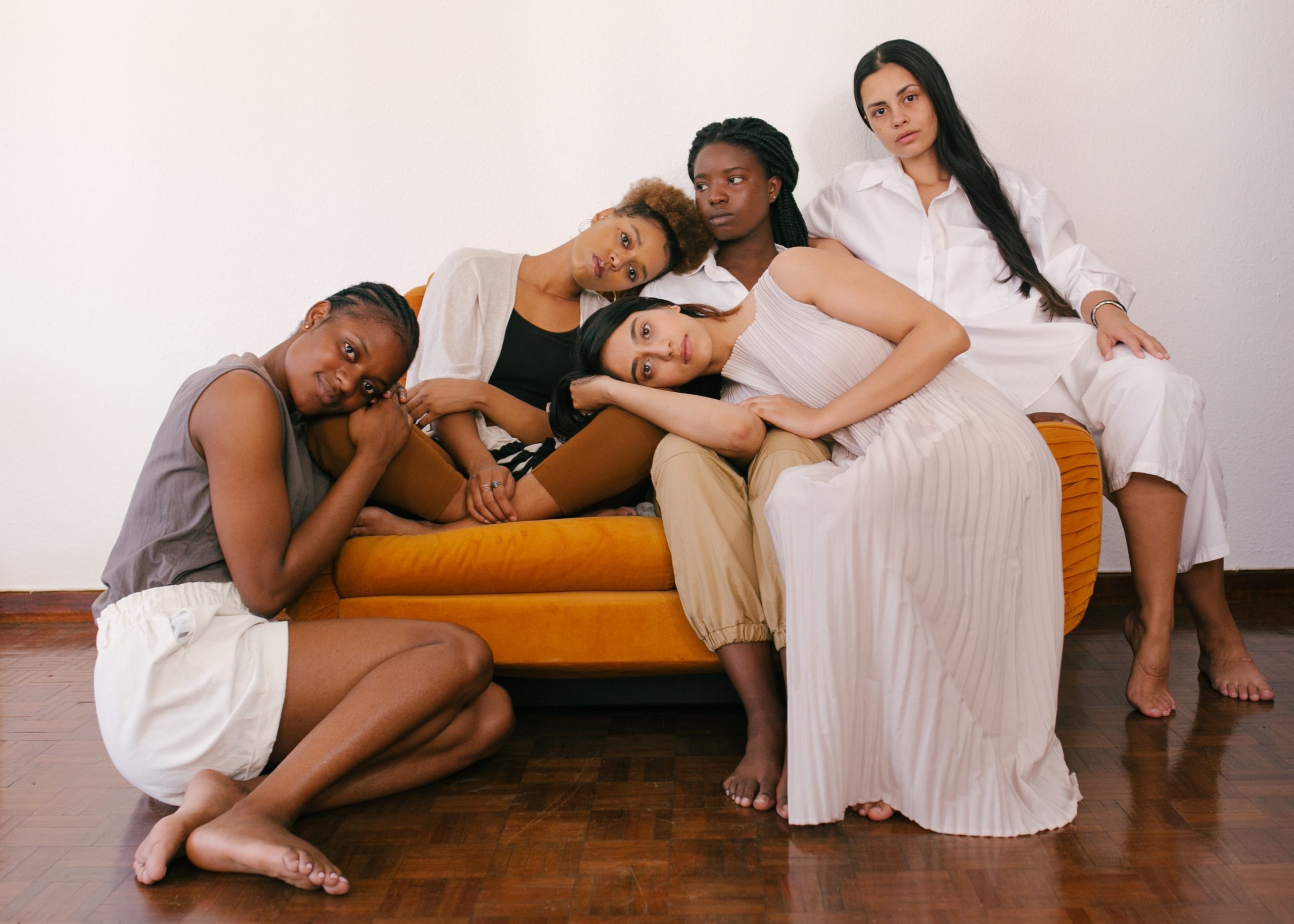
Surround yourself with people who support and believe in you. Seek friends, family, or support groups who can provide a safe and non-judgmental space for you to process your feelings and experiences.
#5. Prioritize yourself

Take care of yourself, both physically and emotionally. This can involve activities such as exercise, meditation, or journaling to help you cope with the stress and emotions that come with any form of racism.
Always remember that racial gaslighting is a form of psychological abuse, and it’s not your responsibility to educate or convince someone who refuses to listen or acknowledge your experiences. It’s okay to walk away from such a situation or person.
Featured image: Svetlana Larshina/iStock
For the latest in fashion, lifestyle, and culture, follow us on Instagram @StyleRave_
This is a Style Rave original content exclusively created for our readers. If reproduced, distributed, transmitted, cached, or otherwise used by any other publishing house or blogs, such use should provide a direct link to this source article. Use of and/or registration on any portion of this site constitutes acceptance of our Terms & Conditions and Privacy Policy.
—Read also
A creative writer with a voracious appetite for fashion, beauty, lifestyle and culture. As one who's passionate about the advancement of the woman, creating content that inspire smart style and living, and positive lifestyle changes is a calling I take seriously. At Style Rave, we aim to inspire our readers by providing engaging content to not just entertain but to inform and empower you as you ASPIRE to become more stylish, live smarter and be healthier. Follow us on Instagram @StyleRave_ ♥



